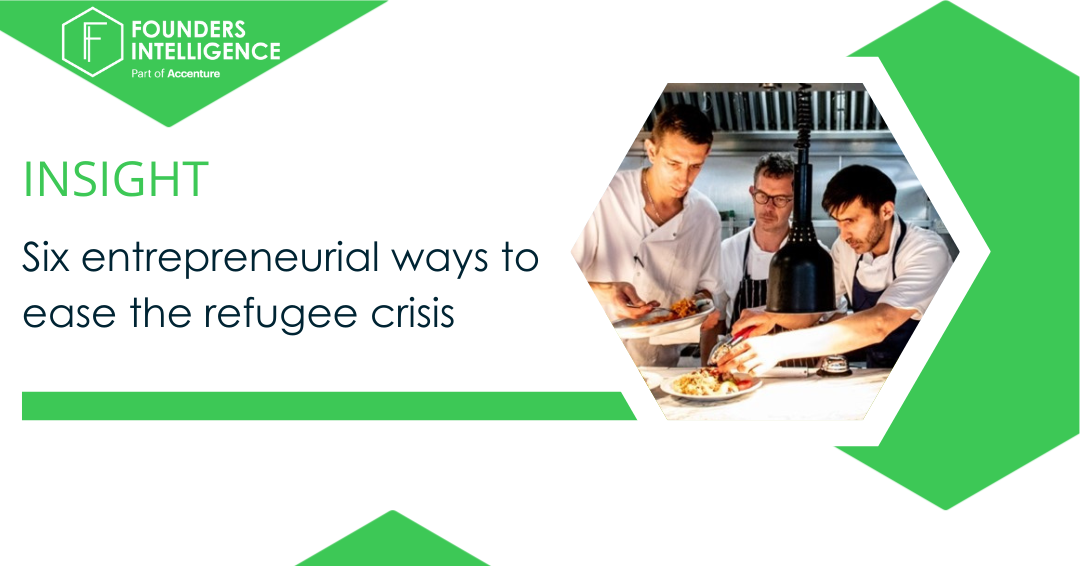The State of the World for Women
Key Takeaways from Founders Intelligence by Mathilde Carraro
At Founders Intelligence, we help business leaders make tangible steps to creating the future their companies need — and we regularly tap into thought leaders’ insights to develop and validate innovative strategies and propositions that move the needle.
“The State of the World for Women” panel featured Hillary Rodham Clinton and Cherie Blair QC CBE, was moderated by Dame Vivian Hunt (Managing Partner at McKinsey and Company), and hosted by our sister company AccelerateHer.
Below are our key takeaways:
Progress with human rights and women advancement is not a zero-sum game
- Hillary Clinton spoke to the common fear that giving a person means and opportunities to advance detracts from those who already have that privilege; political divides all too often centre around this issue
- Access to human rights is correlated with broader economic development. Several studies highlight that removing inequality barriers increases GDP — a recent McKinsey report shows that women would add trillions of dollars to the economy if they were given equal opportunities
- This bears important implications especially in the context of a looming recession — when governments stress that we need to recover the economy first and worry about women later, they are overlooking the enormous potential that women have in pushing the economy forward
- There are clear dangers that arise when decision-making processes based on science and evidence are undermined; in particular, a move away from evidence-based decisions tends to result in more divided societies and has a negative impact on establishing greater levels of equality
We must ensure the current crisis doesn’t further exacerbate women’s inequality; if unmanaged, this will go backward
- The COVID-19 crisis has already started pushing women backward. In most countries where the Cherie Blair Foundation for Women operates, the majority of health workers who have lost their jobs are women
- In particular, mothers struggle to go back to work when schools are closed and childcare is less feasible; arranged marriages for economic reasons are spiking in many low-income countries
- Governments and businesses need to help people with the most vulnerable jobs, and women should not carry a disproportionate burden of recovering from the crisis
- Vivian Hunt asserted that we cannot assume women will maintain hard-won equalities like parity of skills and employment safety. Many women still disproportionately lack physical safety, which can manifest though a lack of access to income, to healthcare and social care, or to the legal remedies
Technology, mentoring and recognising structural bias play important roles in creating a more equal world for women
- Tech can be particularly powerful in helping women from less privileged backgrounds; an example: the Cherie Blair Foundation for Women’s training programmes are carried out remotely over mobile phone (to reach scale in countries with low internet penetration) and now increasingly over the internet
- Vivian Hunt highlighted the need for mentorship to help set women’s ambitions higher and to develop the confidence to pursue them. The Cherie Blair Foundation for Women has helped 160,000+ women build confidence via mentoring
- Hillary Clinton noted that we also have to break down the structural barriers and regulations that still stand in the way of people thinking about including women in the system and stressed the importance of pointing out men’s preconceptions and stereotypes. As Secretary of State, she would take time to mentor men (as well as women) for them to see women’s situations first-hand and understand that giving women greater autonomy brings higher overall stability

Founders Intelligence is an entrepreneur-powered consultancy and part of the Founders Forum family. Founders Intelligence works with corporates to create new business opportunities, build innovation capability, and define commercial propositions that drive growth.


